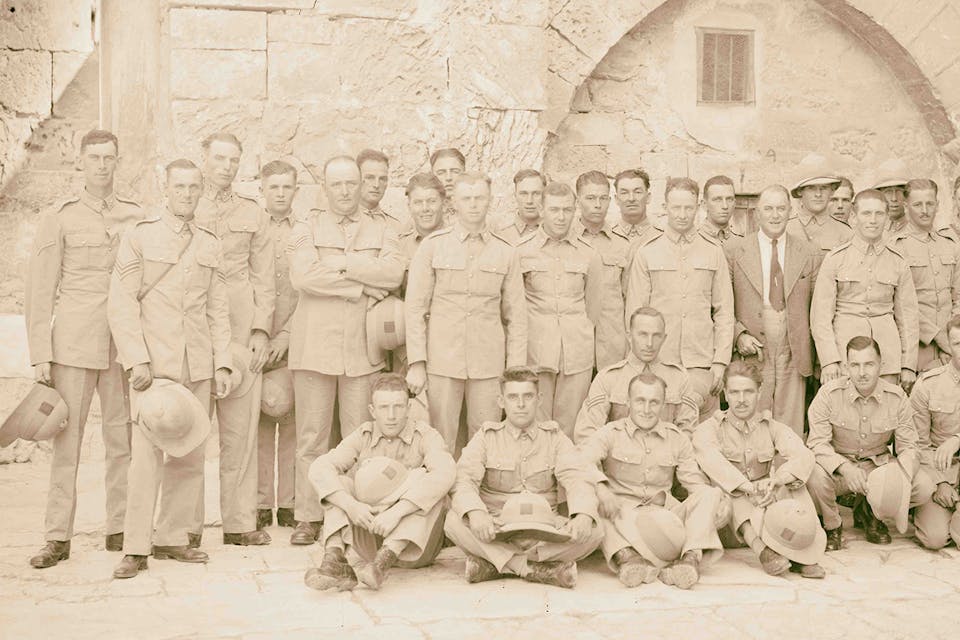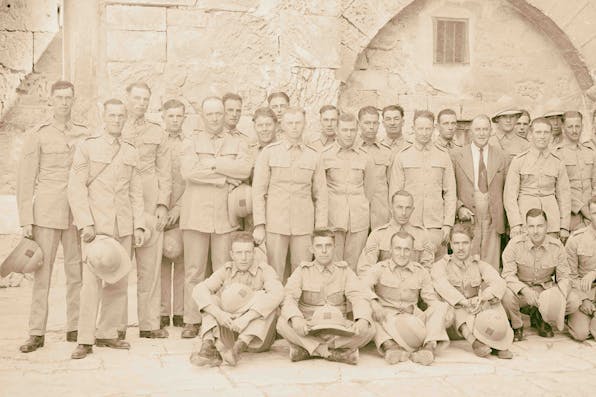
July 29, 2019
Don’t Entrust Jerusalem to the Muslims or the Jews (or the French)
That sentiment, held by British officials in Mandate Palestine, was the origin of the idea that the city should instead be internationalized.
In his essay in Mosaic on diplomacy, law, and Jerusalem, the estimable Michel Gurfinkiel asks, “What is international law?” and comments, “It’s easy enough to doubt, if not to mock, the idea that there is such a thing.” It sure is. The last century of U.S. policy on Jerusalem is a tale of cynicism and sanctimony that makes one wonder whether U.S. officials ever take international law seriously.
The Holy City commanded little international attention in the 700 or so years after Muslims defeated the Christian Crusaders. That changed, however, in December 1917, when British forces captured Jerusalem from the Ottomans in World War I. The city and its holy places became a diplomatic issue. British officials spoke passionately of their duty to keep the city and its holy sites under Christian—and specifically British—control.
Handing it all back to the Muslims was out of the question for the men who led the British Empire. Even those who were pro-Zionist, such as Prime Minister David Lloyd George, couldn’t quite imagine Jews in charge of the city, with authority over the Church of the Holy Sepulcher and the Garden of Gethsemane. Nor was Lloyd George receptive to claims of interest in Jerusalem by the French, whom he scorned as “atheistic” or, in any event, Roman Catholic.
Responses to July ’s Essay

July 2019
The Many Incoherences and Hypocrisies of International Law on Jerusalem
By Eugene Kontorovich
July 2019
The Lessons of Previous Misadventures in “International Control”
By Jeremy Rabkin
July 2019
Don’t Entrust Jerusalem to the Muslims or the Jews (or the French)
By Douglas J. Feith
July 2019
Jerusalem Is and Always Will Be Treated as a “Special” Case
By Michel Gurfinkiel